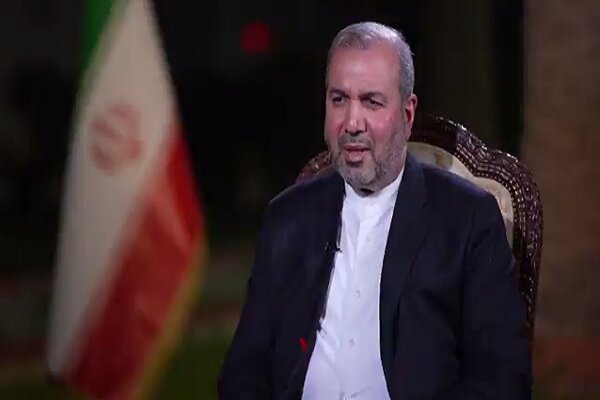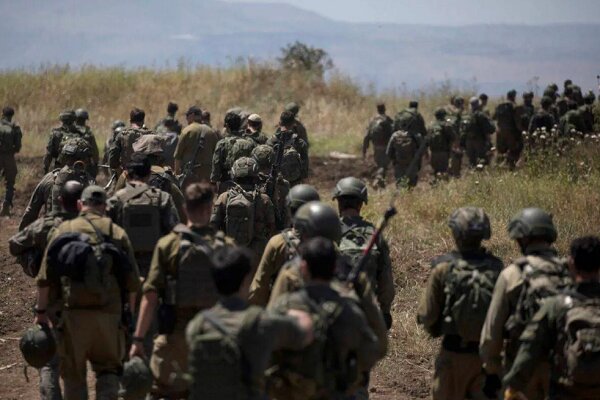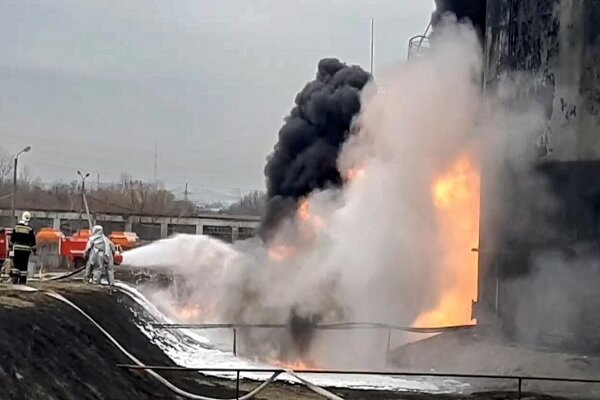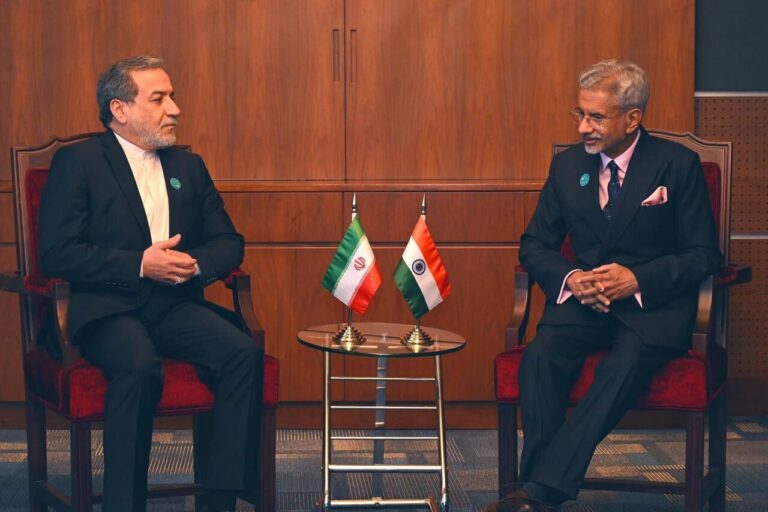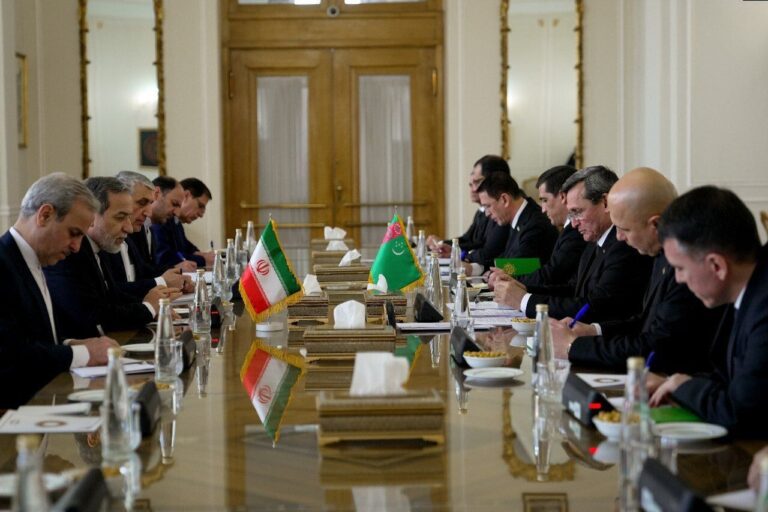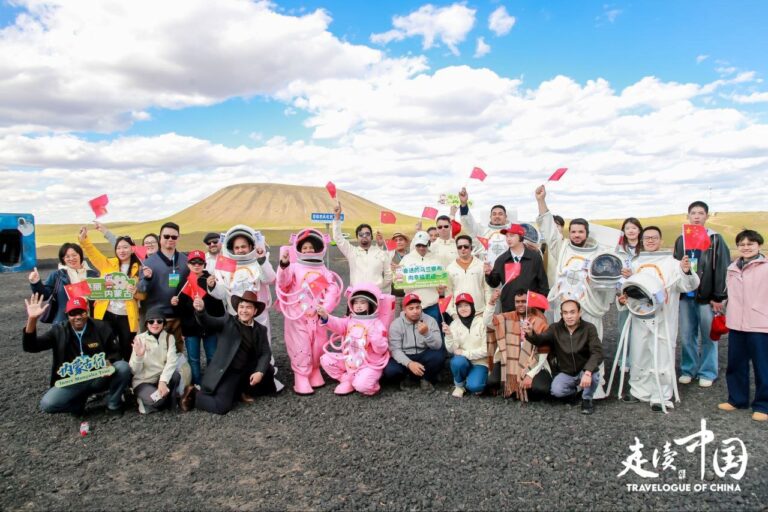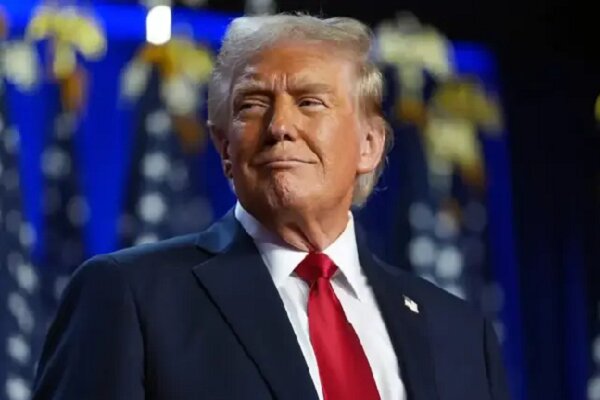Iran Responds Strongly to US Demand for Dissolution of Hashd al-Shaabi
In a recent development regarding Iraq’s internal security dynamics, Iran’s Ambassador to Iraq, Mohammad Kazem Al-e Sadegh, disclosed that the United States has proposed the dissolution or integration of Hashd al-Shaabi into other Iraqi forces. This suggestion has met with strong disapproval from both Iran and Iraq, highlighting the complex geopolitical relationships in the region.
During a press briefing, Al-e Sadegh articulated his discontent with the US approach, asserting that Hashd al-Shaabi is a legitimate military body recognized under Iraqi law. He stated that the group has been instrumental in combating ISIL, underlining its importance in Iraq’s national security framework. Furthermore, he emphasized Iraq’s sovereignty, asserting that decisions regarding its internal affairs belong solely to the Iraqi government, not to external influences such as the US or Iran.
“We reviewed the contents of the letter. While it expressed readiness for negotiations, it also contained threats,” Al-e Sadegh mentioned, referring specifically to a letter from former President Trump. This statement underscores the tensions that persist in the region, particularly regarding foreign intervention in Iraq’s security matters.
Al-e Sadegh also clarified that any discussions between Iran and the US would strictly pertain to nuclear negotiations. He reassured that decisions involving Iraqi resistance groups will be made independently by those groups, emphasizing their autonomy in the face of external pressure.
- Hashd al-Shaabi’s Legitimacy: Recognized as a military institution under Iraqi law.
- Role in Fighting ISIL: Vital in Iraq’s battle against the Islamic State.
- Iraqi Sovereignty: Decisions regarding Iraq’s security are solely under the Iraqi government’s jurisdiction.
The implications of the US proposing the integration of Hashd al-Shaabi into other military structures could lead to significant shifts in Iraq’s security landscape. Many experts believe that such a move could jeopardize the progress made in the fight against terrorism, as Hashd al-Shaabi has been a crucial ally in this effort.
Moreover, the call for integration raises questions about the future of Iraq’s military organizations and their operational capabilities. The potential for a fragmented response to security threats could emerge if influential factions like Hashd al-Shaabi are sidelined.
In the broader context, Al-e Sadegh’s remarks reflect the ongoing struggle for influence in Iraq, where various factions vie for power amid external pressures from countries like the United States. The ambassador’s statements also serve to rally support for Hashd al-Shaabi, portraying it as a defender of Iraq’s sovereignty against foreign encroachment.
As negotiations continue, the focus will likely remain on how Iraq can balance its relationships with both Iran and the US while maintaining its independence. The complexities of these interactions are further compounded by the historical context of Iraq’s political landscape, which has often been shaped by foreign involvement.
To summarize, the recent developments surrounding Hashd al-Shaabi and the US’s stance reflect a critical juncture in Iraq’s ongoing battle for self-determination in the face of international pressures. Understanding these dynamics is essential for analyzing the future of security and governance in Iraq.
With the insistence from Iran and Iraq on maintaining Hashd al-Shaabi’s operational integrity, it is evident that the road ahead will not be easy. The interplay between domestic aspirations and foreign interventions will continue to shape the narrative of Iraq’s military and political future.
In conclusion, the situation remains fluid, and as further discussions unfold, it will be crucial for observers to monitor how these relationships develop and the potential consequences for Iraq’s sovereignty and security.
